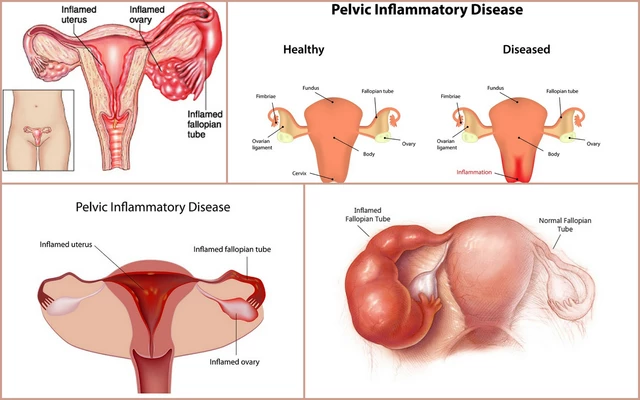Diltiazem: What It Is, How It Works, and What Alternatives You Should Know
When your doctor prescribes Diltiazem, a calcium channel blocker used to treat high blood pressure and chest pain. Also known as Cardizem, it works by relaxing blood vessels and slowing your heart rate to reduce strain on your heart. This isn’t just another pill—it’s a targeted tool for managing conditions that can quietly damage your cardiovascular system over time.
Diltiazem belongs to a class of drugs called calcium channel blockers, which also includes amlodipine, a long-acting calcium blocker often used for hypertension and verapamil, another calcium blocker with similar uses but different side effect profiles. While all of them target calcium flow into heart and blood vessel cells, Diltiazem has a unique balance: it reduces blood pressure without dropping heart rate as drastically as verapamil, and it’s less likely to cause ankle swelling than amlodipine. That’s why it’s often chosen for patients with both high blood pressure and angina—or those who can’t tolerate other options.
If you’ve been on Diltiazem for a while, you’ve probably noticed fewer episodes of chest tightness or dizziness after standing up. That’s the drug doing its job. But it’s not perfect. Some people get headaches, fatigue, or mild swelling. Others find it interacts with grapefruit or certain antibiotics. That’s why knowing your alternatives matters. Drugs like Ramipril, an ACE inhibitor often compared to Diltiazem for blood pressure control, work differently—by relaxing arteries through a hormonal pathway. Then there’s Clonidine, a central alpha agonist sometimes used when calcium blockers don’t cut it, which lowers blood pressure by calming signals from your brain. Each has trade-offs in cost, side effects, and how they fit into your daily life.
The posts below aren’t just about Diltiazem itself. They cover the bigger picture: how it stacks up against similar drugs, what to watch for when switching, how to manage side effects, and even how genetic factors might influence how your body handles it. You’ll find real comparisons—not marketing fluff—between Diltiazem and alternatives like amlodipine, verapamil, and ACE inhibitors. You’ll also see how other heart medications like Valsartan-Hydrochlorothiazide or Clonidine fit into the same treatment landscape. Whether you’re new to this medication or have been on it for years, these guides give you the practical, no-nonsense info you need to make smarter choices with your doctor.
Diltiazem vs Alternatives: A Comprehensive Comparison
A detailed look at diltiazem versus common alternatives, covering mechanisms, dosing, side effects, and when each drug shines for hypertension, angina, and arrhythmias.
About
Medications
Latest Posts

Medicare Part D Formularies: How Generic Coverage Works
By Orion Kingsworth Jan 17, 2026

The use of clavulanate in the management of pelvic inflammatory disease
By Orion Kingsworth May 27, 2023

Best Alternatives to Flagyl for Bacterial Vaginosis in 2025: Secnidazole, Clindamycin, and Probiotics
By Orion Kingsworth Apr 24, 2025

